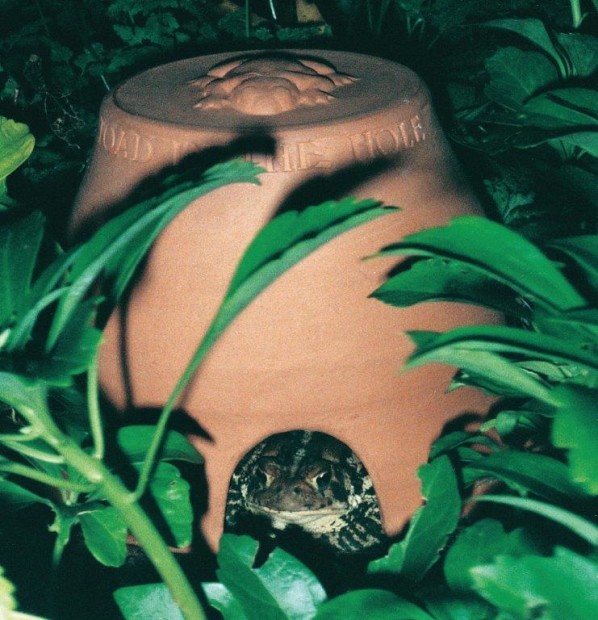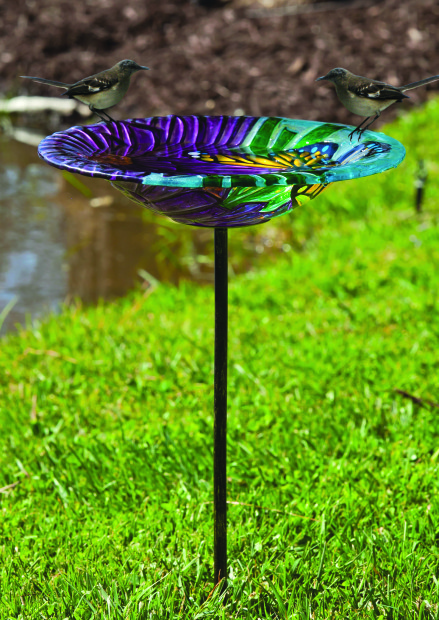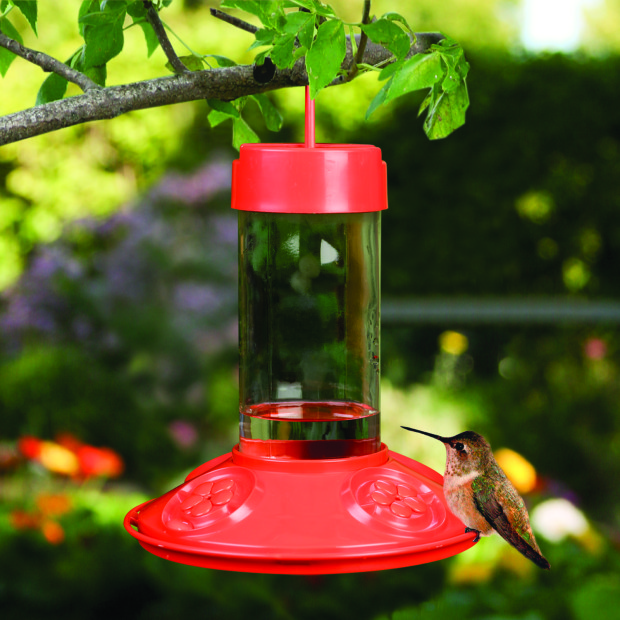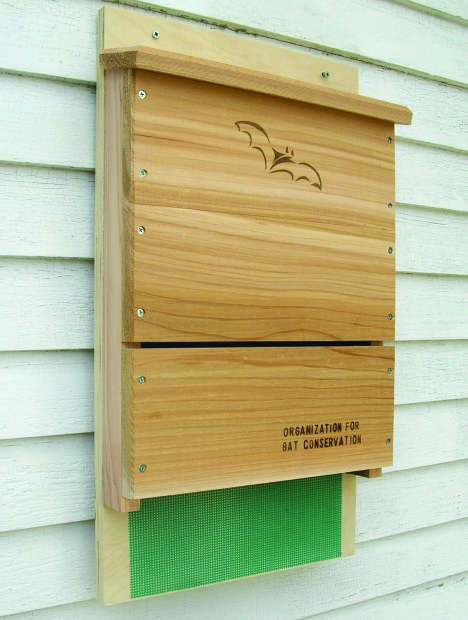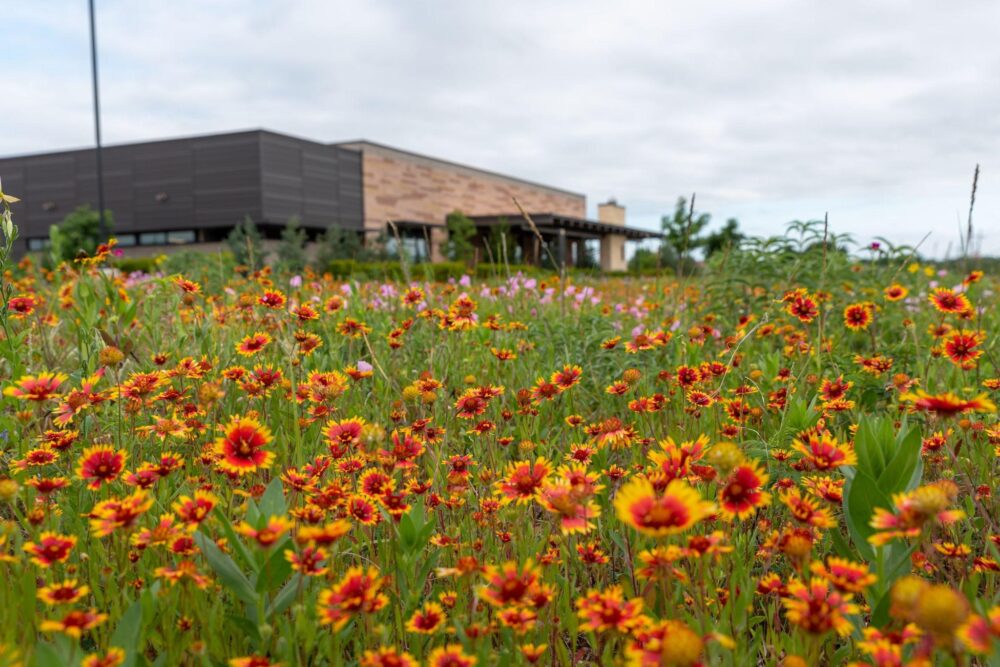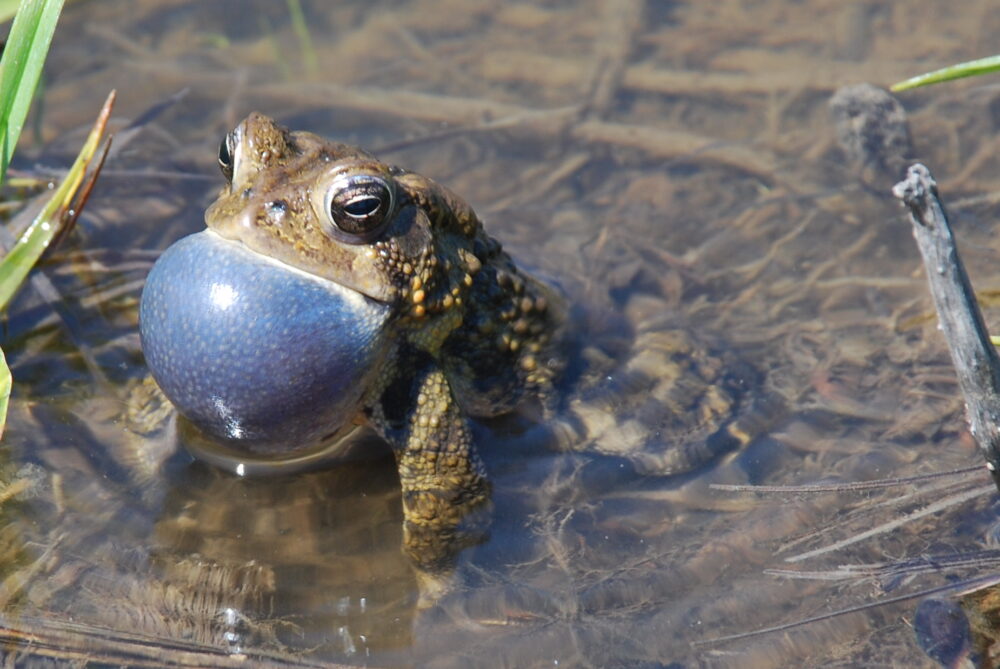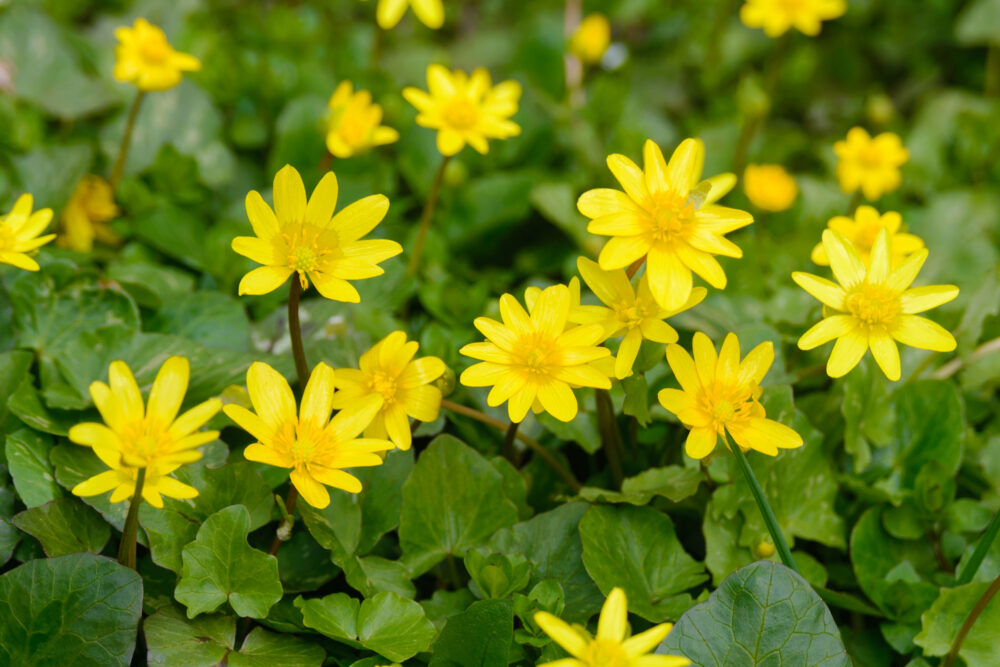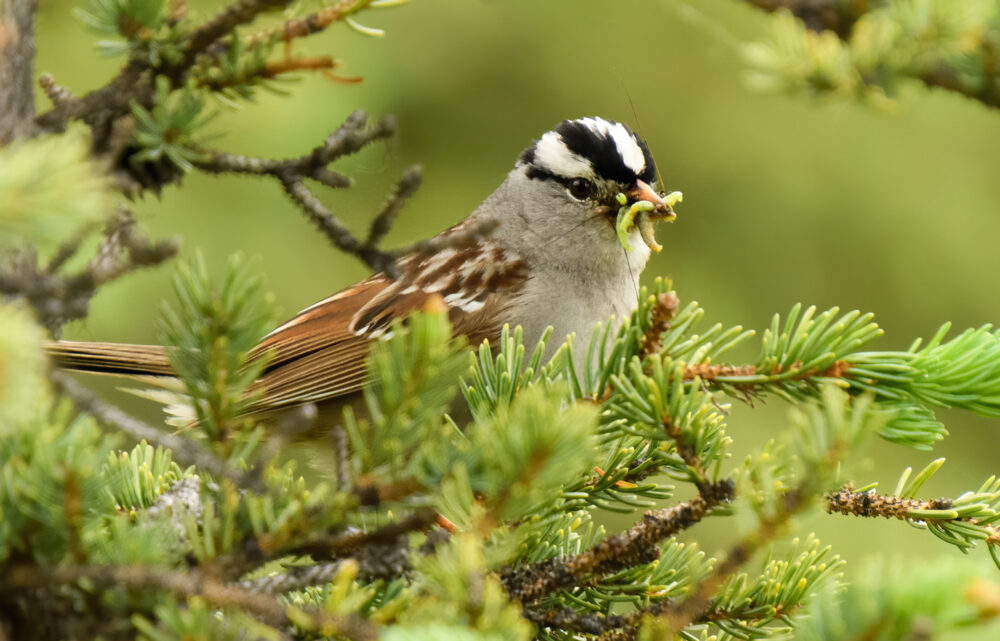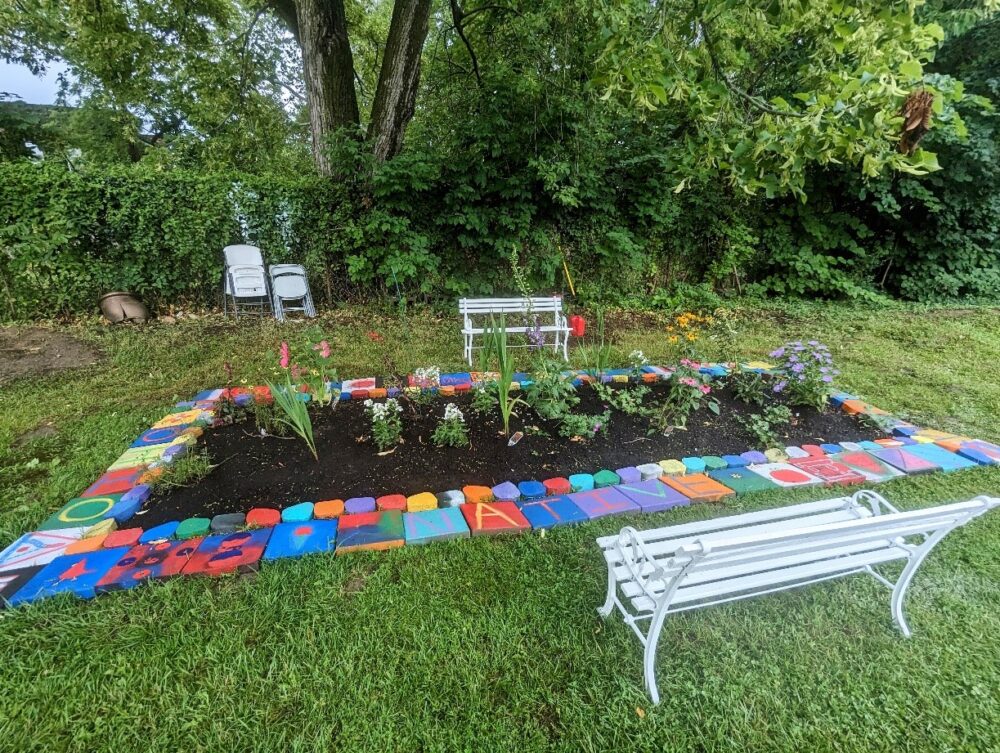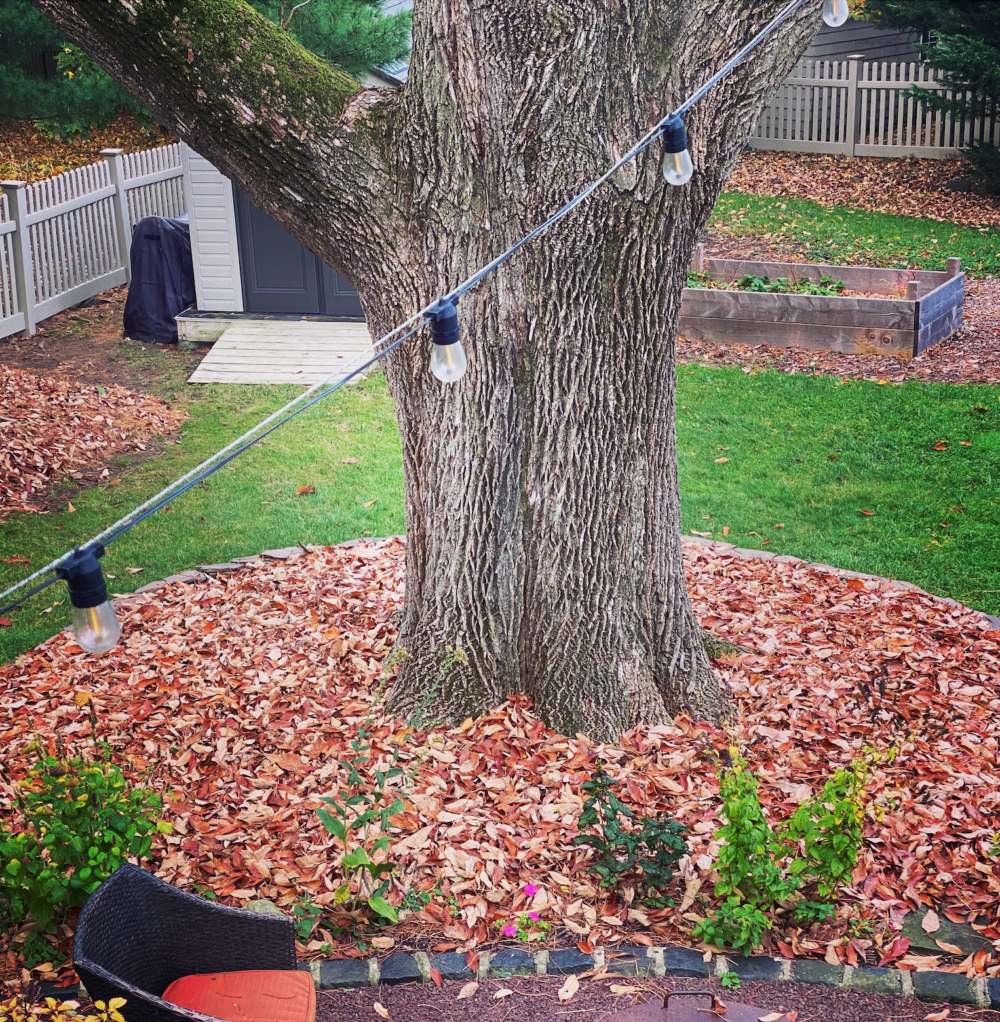We have much more to do and your continued support is needed now more than ever.
Functional Decor for the Wildlife Garden
You can create a wildlife-friendly garden that provides birds, butterflies and other backyard wildlife with the four components of habitat: food, water, cover, and places to raise their young. These things will make your garden attractive to all sorts of beautiful and interesting wildlife for you to watch and enjoy.
But don’t forget: your wildlife-friendly garden can be attractive to people as well as wildlife. Here are the latest wildlife-garden items from National Wildlife catalog. They are functional and provide wildlife habitat, but they are also decorative to celebrate the wildlife in the garden.
Amphibians are on the decline globally, and creating habitat in your garden can make a real difference frogs, toads and salamanders. Stop using pesticides, create a garden pond, and provide cover with this attractive “toad abode” and your amphibian friends will repay you by keeping down the slugs and harmful bugs in your garden.
Monarch Floral Glass Birdbath
A birdbath doesn’t have to be beautiful to be functional. Birds are just as happy to drink out of a simple birdbath as a decorative one, but why deprive yourself of something ornamental? Invite your feathered friends to enjoy a splash of cool, refreshing water while providing bright, colorful décor to your backyard.
Dr. JB’s Hummingbird Feeder
Brilliant design makes this bird feeder one of the best and will attract beautiful hummingbirds to your garden. It’s even dishwasher safe, which makes keeping it clean for the birds is easy.
Bat House
Bats will make your yard their home when you hang this bat house designed by the Organization for Bat Conservation. Hang it on a post or the side of a building at least fifteen feet off the ground and you’ll your garden inviting to these insect-eating winged mammals.
Be a Wildlife Gardener
![]() Want to make the most out of gardening, and help wildlife? Become a wildlife gardener with the National Wildlife Federation. It’s free and you’ll get great wildlife gardening tips and learn how to certify your yard as an official habitat.
Want to make the most out of gardening, and help wildlife? Become a wildlife gardener with the National Wildlife Federation. It’s free and you’ll get great wildlife gardening tips and learn how to certify your yard as an official habitat.

